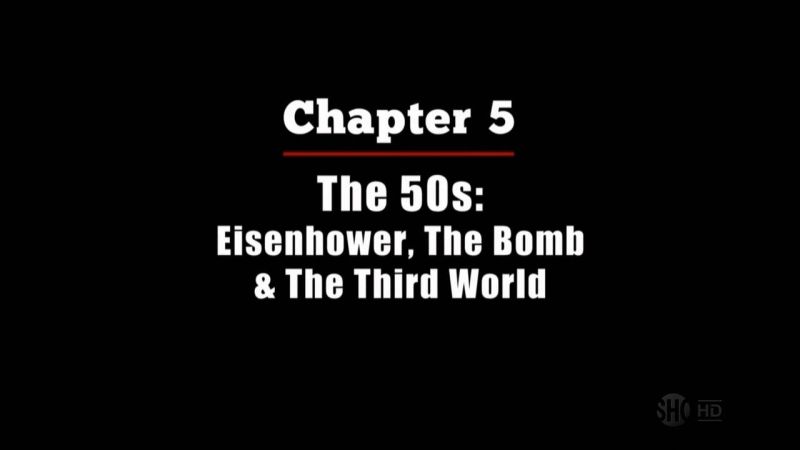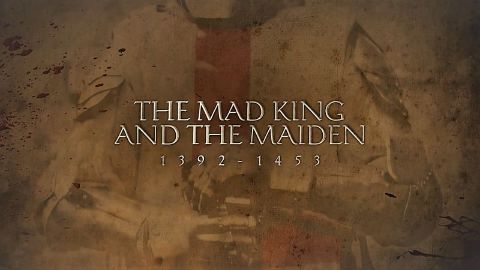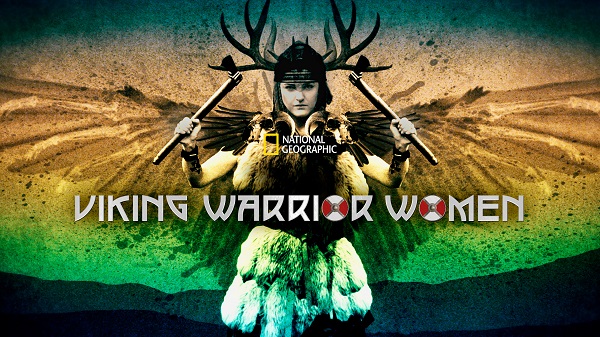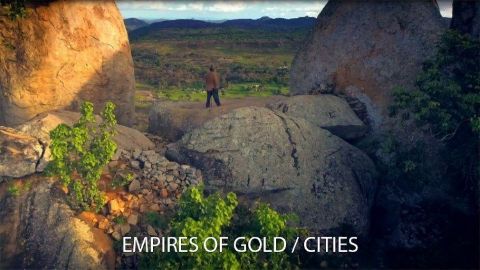Ataturk: The Father of Modern Turkey • 2018
This in-depth documentary examines the life of Mustafa Kemal Ataturk, who founded the Republic of Turkey from the ruins of the Ottoman Empire. One of the most fascinating personalities of his time: Mustafa Kemal Ataturk. November 10 2018 marks the 80th anniversary of his death. His revolution, which quickly and radically transformed the declining Ottoman Empire into today's Turkey and profoundly changed culture and society, is rooted in European thinking. But Ataturk's unconditional determination also shows dictatorial traits. Mustafa Kemal Ataturk - Monuments to the father of modern Turkey can be found in every city, the anniversary of his death is commemorated every year, derogatory words about him are punishable by law. Rarely has a politician changed a society so radically in such a short time as Ataturk did in Turkey, which was born out of the declining Ottoman Empire. He acted with unconditional determination when it came to catapulting a deeply backward country into modernity. His reforms still have an impact today. Ataturk's revolution is rooted in European thinking, in the French Enlightenment, in the process of secularization in western states. In many ways it is a turning to the West. It is also based on the idea of equality between men and women - unique in the Islamic world at the time. With his cultural revolution, however, he also overwhelms many traditionally oriented Turks. It still has an effect today. How did a young Ottoman officer become the hero of Gallipoli in World War I? How did this hero become the charismatic founder of today's Turkey through the war of independence? How does he push his reforms through in just fifteen years: abolition of polygamy, introduction of Swiss civil law, dress reform, hat reform, language and writing reform? The docu-drama tells the story of Mustafa Kemal Pasha - from his birth in multicultural Salonika to his death on November 10, 1938. Along with interviews with historians, a rich trove of archival footage and photographs enhance the documentary. These are further illuminated by reenactments depicting the intellectual evolution of Ataturk the man, as well as his revolution and political philosophy. Inner monologues drawn from the wide range of the nation's founder's writings and diaries, notes and letters lend authenticity and credibility to the film.
Make a donation
Buy a brother a hot coffee? Or a cold beer?
Hope you're finding these documentaries fascinating and eye-opening. It's just me, working hard behind the scenes to bring you this enriching content.
Running and maintaining a website like this takes time and resources. That's why I'm reaching out to you. If you appreciate what I do and would like to support my efforts, would you consider "buying me a coffee"?
Donation addresses
BTC: bc1q8ldskxh4x9qnddhcrgcun8rtvddeldm2a07r2v
ETH: 0x5CCAAA1afc5c5D814129d99277dDb5A979672116
With your donation through , you can show your appreciation and help me keep this project going. Every contribution, no matter how small, makes a significant impact. It goes directly towards covering server costs.





